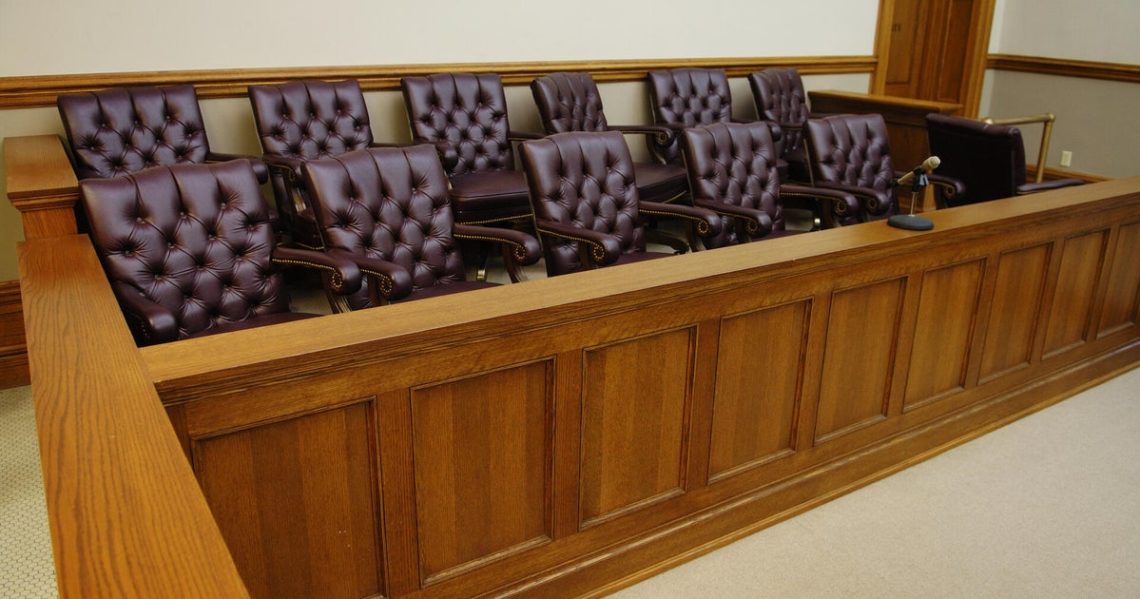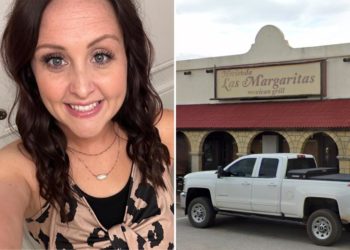As an IT specialist, 37-year-old Korey Wallace is used to offering support to others. But he says he was the one who needed help after serving on a jury for a murder trial in Philadelphia.
The jury ultimately convicted a man accused of first-degree murder in the killing of a 27-year-old transgender woman. Investigators found her dismembered body in a river near a park that Wallace used to frequent.
“There would be nights where I was just driving around the city and I might make eye contact with a transgender person as I’m in the car. It’s just like a lightning strike. I thought I was over it, moving past it, and I was getting dumped back in these flashes,” Wallace said.
Jurors were shown gruesome pictures of bloody crime scenes. Wallace said he never saw the victim’s face until after the trial.
“The first thing I saw was her face and the eyes and the hair and it struck me. This woman that was full of life was so savagely murdered,” Wallace said.
Across the country, 11 million people report for jury duty each year. Less than half a million will serve on violent criminal cases, including murder. But counseling and mental health services offered to jurors after those verdicts are rare.
Philadelphia Jury Commissioner Patrick Martin wants to change that. He set out to create a program to help jurors handle trauma.
“I’m pulling regular people off the street — a deli worker, a plumber, a librarian. They don’t know what they’re really getting into when they come down for jury service,” Martin said.
He added, “The jurors are mine. They’re my responsibility. Not just when they get the summons in the mail, but when they go home.”
Martin partnered with psychologist Michele Pole at West Chester University to come up with a plan. Grad students, who are trained by Pole, offer at least three free support sessions to jurors. They use a technique called psychological first aid.
“It’s not any different from what first responders receive,” Pole said. “And what we’ve done with psychological first aid is really to focus on where do we customize this for jurors?”
The program launched in April, and Wallace was one of the first jurors to take advantage.
“She helped me kind of disconnect that web of yarn that had all those conflicting emotions associated with it. I would not have been able to do that without her,” Wallace said.
The post Philadelphia launches program to support jurors after traumatic trials appeared first on CBS News.




